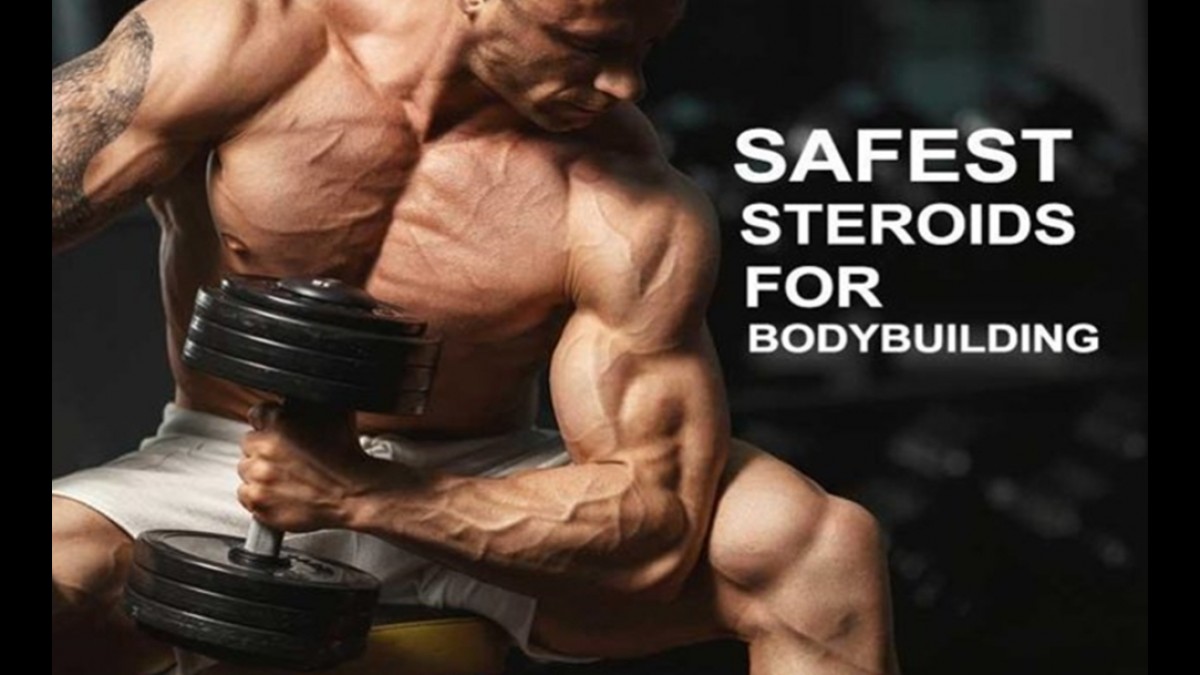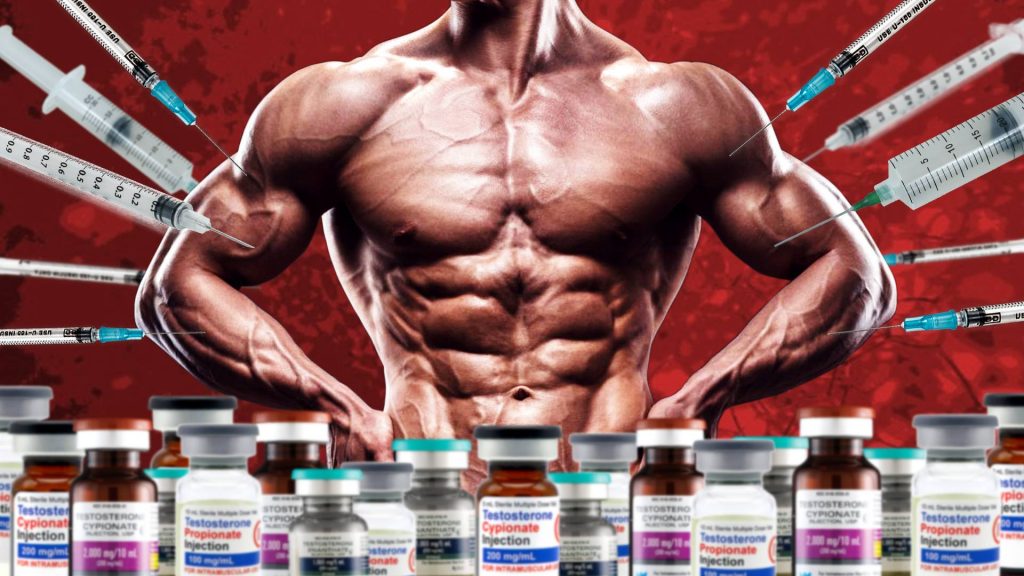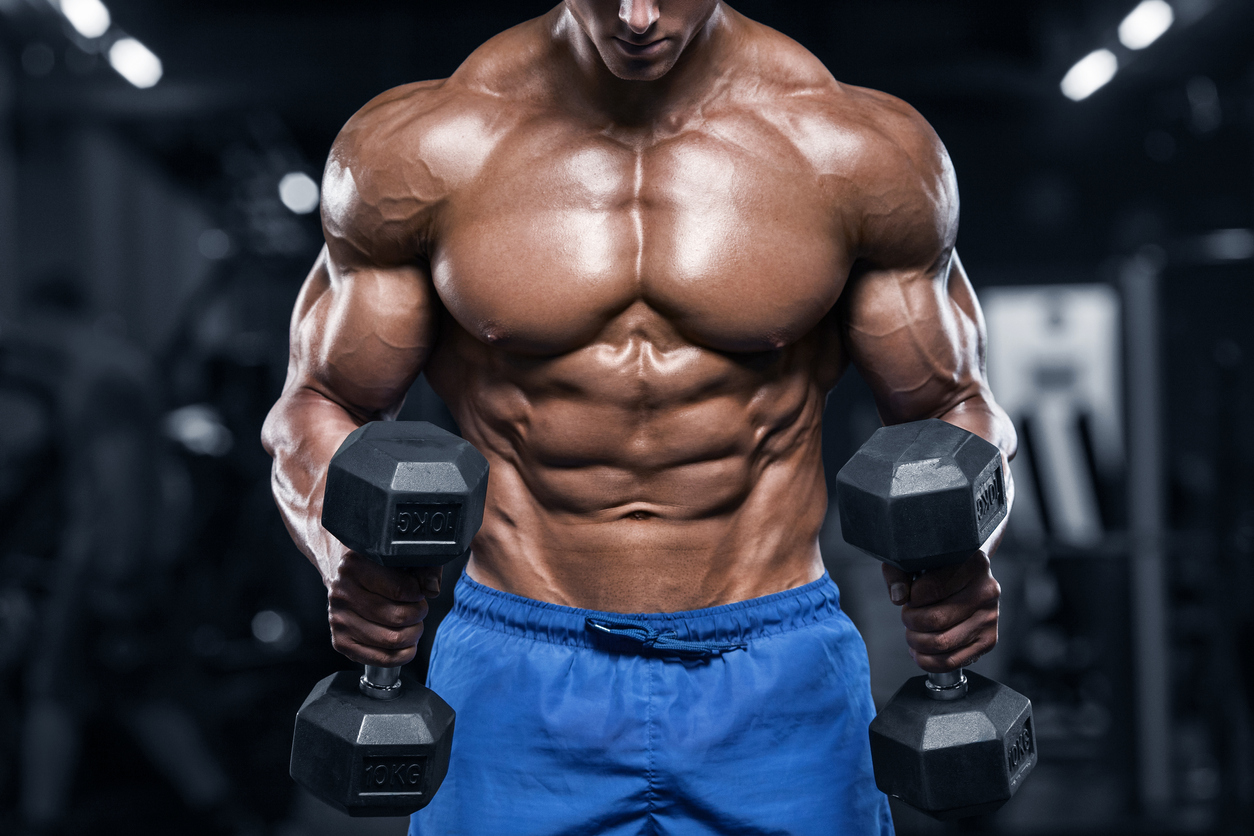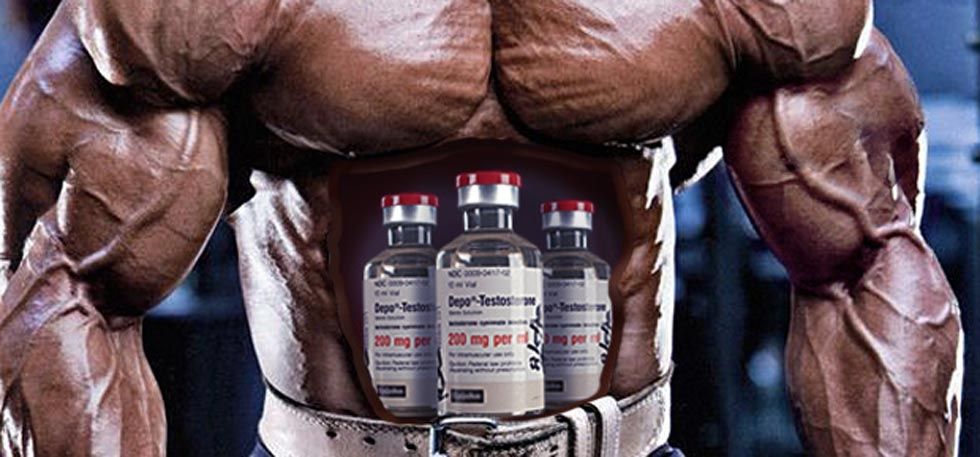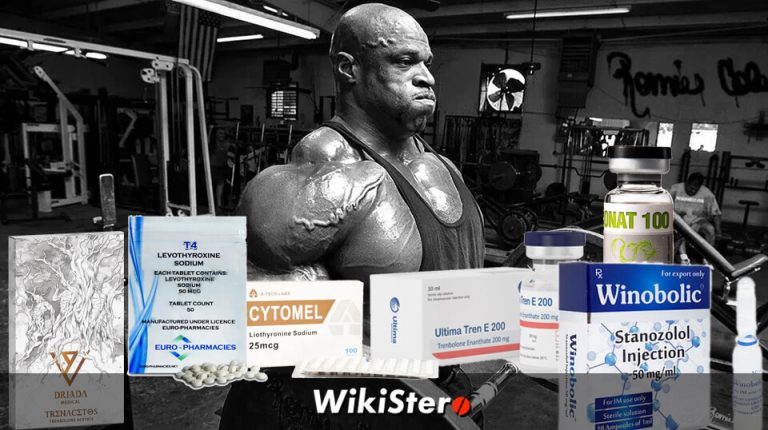How Do Bodybuilders Afford All The Steroids
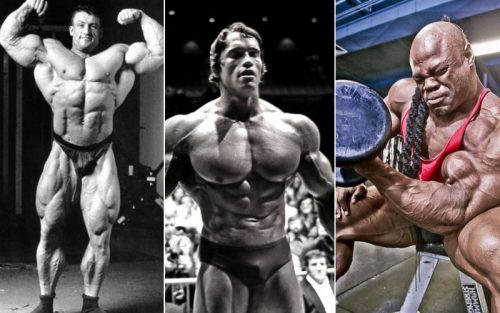
The ripped physique, the bulging muscles, the almost superhuman strength – these are the hallmarks of a dedicated bodybuilder. But behind the meticulously sculpted image often lies a controversial and costly secret: the use of anabolic steroids. While the health risks are widely publicized, the significant financial burden is often overlooked. How do bodybuilders, especially those not at the elite professional level, manage to afford these performance-enhancing drugs, which can easily cost hundreds, if not thousands, of dollars per month?
This article delves into the complex and often murky financial realities of steroid use in bodybuilding. It explores the various funding mechanisms, from legitimate employment and sponsorships to more dubious sources. We will examine the financial pressures that drive some to take extreme measures, the role of underground markets, and the ethical implications for the sport and individual athletes.
The High Cost of Enhancement
The price of anabolic steroids varies considerably depending on factors such as the type of drug, dosage, brand, and source. Common steroids like testosterone, trenbolone, and anavar can range from $50 to $200 per vial or tablet pack, but users often require multiple compounds in a cycle, significantly increasing the overall cost.
Beyond the drugs themselves, users often require ancillary medications to mitigate side effects such as gynecomastia (male breast enlargement) and liver damage. These preventative measures add further to the financial strain.
According to a 2014 study published in the journal Addiction, individuals who use anabolic steroids often spend a significant portion of their income on these substances, sometimes prioritizing them over other essential needs. This can lead to financial instability and desperation.
Funding the Physique: A Multifaceted Approach
For professional bodybuilders at the highest echelons of the sport, sponsorships and endorsement deals can offset the cost of steroids and other training expenses. These athletes often receive financial support from supplement companies, apparel brands, and even clinics specializing in hormone replacement therapy.
However, sponsorships are rare and highly competitive. Most aspiring bodybuilders must rely on alternative means to finance their steroid use.
Many bodybuilders hold down regular jobs, often in fields that complement their training, such as personal training, nutrition coaching, or fitness modeling. This allows them to earn a legitimate income to support their lifestyle and drug costs.
The Underground Market and its Dangers
The vast majority of anabolic steroids are acquired through the black market. This unregulated network operates online and through discreet personal contacts, offering a wide array of products at varying prices.
The risks associated with purchasing steroids on the black market are significant. Products are often counterfeit, under-dosed, or contaminated with harmful substances, posing a serious threat to users' health.
The allure of cheaper prices on the black market is undeniable, but the potential health consequences make it a dangerous gamble.
The Psychological and Social Factors
The pressure to achieve an idealized physique, often fueled by social media and competitive bodybuilding culture, can drive individuals to take desperate measures. The perceived need to use steroids to remain competitive can outweigh the financial burden and health risks.
Peer influence and a desire for acceptance within bodybuilding communities can also contribute to steroid use. The social dynamics of these groups often normalize the practice, making it difficult for individuals to resist the pressure to conform.
The pursuit of physical perfection, often unattainable naturally, can create a cycle of dependence and financial strain for many bodybuilders.
The Ethical Considerations
The use of anabolic steroids raises significant ethical questions about fairness and sportsmanship. Athletes who use these drugs gain an unfair advantage over those who compete naturally, undermining the integrity of the sport.
Many bodybuilding organizations have banned steroid use and implemented drug testing programs. However, these measures are often insufficient to deter athletes from using these substances, particularly when the financial rewards are high.
The debate over steroid use in bodybuilding continues, with some advocating for greater regulation and stricter penalties, while others argue for a more lenient approach.
The Future of Bodybuilding and Steroid Use
Addressing the financial pressures that contribute to steroid use requires a multi-pronged approach. This includes promoting realistic body image expectations, providing support for athletes who choose to compete naturally, and strengthening regulations to combat the illegal steroid trade.
Greater education about the health risks and financial costs of steroid use is crucial. This can help individuals make informed decisions about their health and well-being.
Ultimately, fostering a culture of integrity and fair play within bodybuilding is essential to ensure a sustainable and ethical future for the sport. This includes addressing the underlying pressures that drive athletes to seek artificial enhancements, whether through stricter regulations, better education, or a fundamental shift in cultural values within the bodybuilding community.

